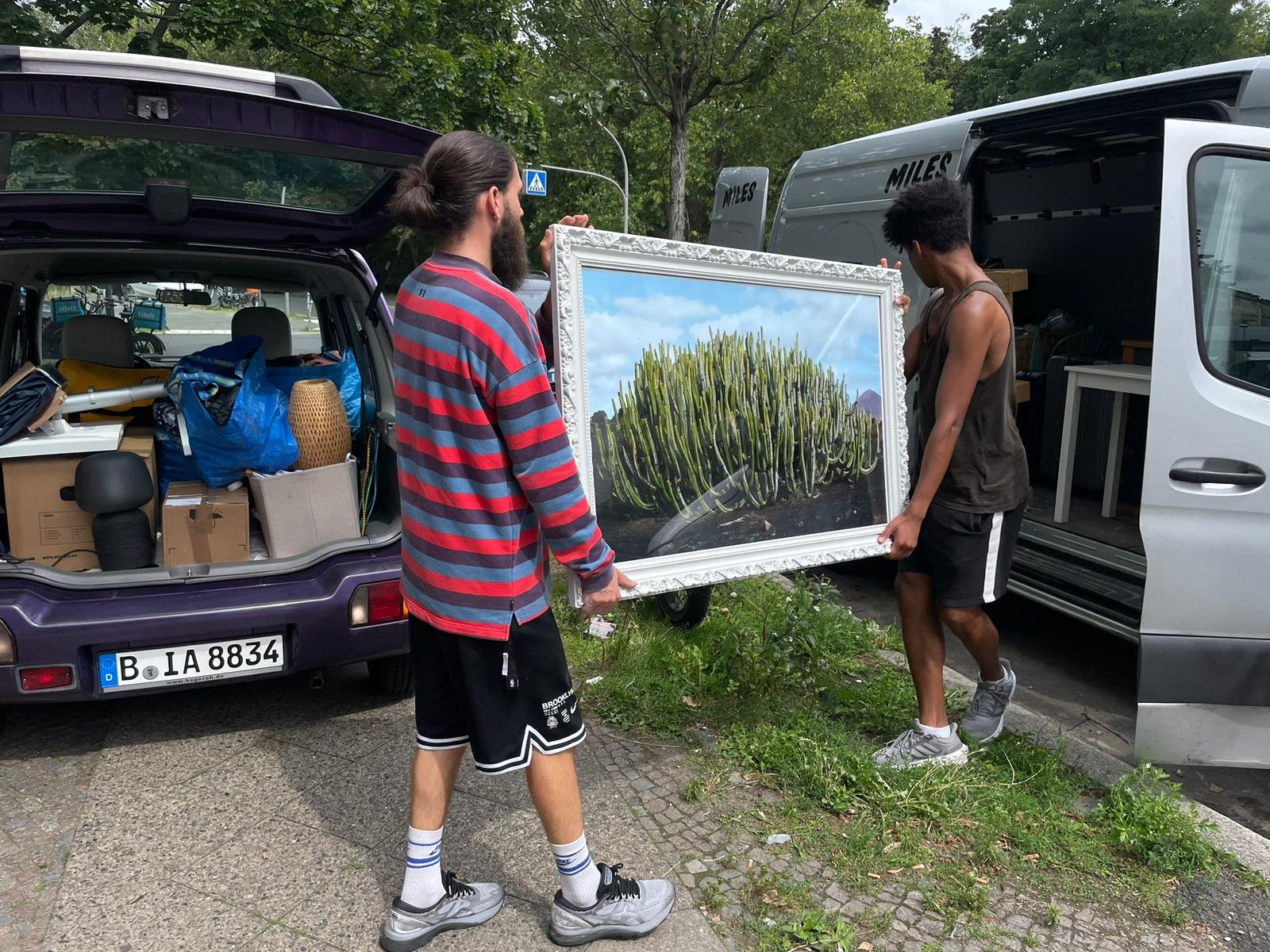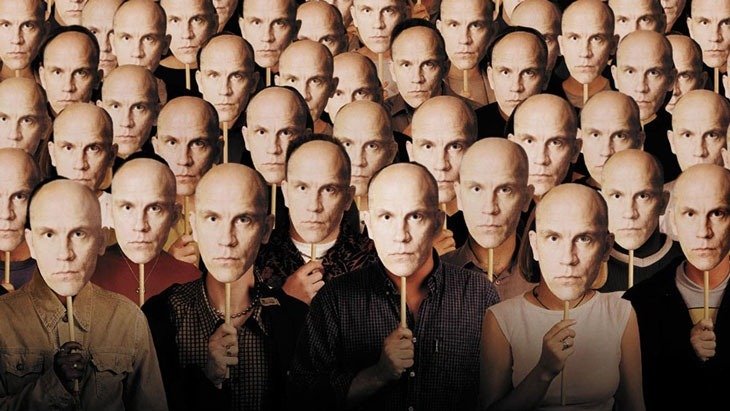Why we can’t let English take over the world
My friends and I were enjoying post-helping-friends-move-beers in their new living room to be. I knew two of the guys, but the two others were new to the group (friends of friends). Naturally, they asked us where we were all from.
The answers were hilariously representative of what it means to live in Berlin.
Switzerland. Paris. Versailles. Burgundy. San Diego. Little bit of harmless chatter about California burritos, skiing, all that. Then our Swiss friend said something that sparked a deeper conversation (and this blog post):
“I can’t wait until we all speak the same language. Communication will be so much easier.”
It’s one of those things that makes sense when you hear it, and would usually go unchecked in a whatever-conversation before moving onto the next topic. I even nodded my head as I sipped my beer, ready to crack a joke about our friend’s new old floors.
But Mr. Versailles disagreed.
What follows here is my attempt to 1) synthesize his argument that we all eventually agreed with and that stuck with me for many days after and 2) to serve as a motivation for all us nomads who lazily enjoy the benefits of English around the world. Mostly because it was an interesting thought, but also because it presented a very real problem that I think can become something bigger if we’re not careful.
Language is a way of seeing the world.
At some point in this post-move, mid-beer conversation about language, the Nordics came up. Specifically, Norway and the the fact that their local television uses English as the first language, rather than Norwegian.
Convenient for travelers, but maybe, just maybe this isn’t super great for those friendly Norwegians and their future.
Language is a repository of cultural heritage. A beautifully imperfect embodiment of a nation's history, values, and identity. When a country places English above its own native tongue, there's a potential erosion of its cultural richness and distinctiveness. And when it comes to tourism and attracting foreign economies, it can almost be seen as an intentional erosion.
Ask anyone who knew Medellin, Lisbon or Bali before the digital nomad explosion of the last 10 years.
Nomads like to think of themselves (ourselves) as adventurous, going to new lands and exploring new cultures. But what we really seek are places that give us local comforts - something different but not too different. We like local coffee shops but we breathe a sigh of relief when the barista speaks enough English to let us order a latte with no problem.
A homogenous view of the world is straight up terrifying (and dangerous)
What happens when we’re all the same? Will we still enjoy traveling and going out to eat? What will vacation look like? It’ll just be choosing the weather and weighing the benefits of beach versus mountain.
There will be fewer and fewer decisions which, ok. Decision fatigue is definitely a thing. But isn’t that part of what makes traveling exciting? Figuring out where the hell to go and how you’ll manage?
And what about the next generation? If they’re taught that English = money, then what happens to their culture?
This shift can diminish the intergenerational transmission of traditions, folklore, and nuanced expressions unique to that culture. Like shit-talking. I firmly believe safely being able to talk shit in only a way your culture knows how is a crucial element of community.
As English gains prominence, local languages might be relegated to secondary status, leading to a disconnect between generations and the erasure of invaluable cultural nuances. This not only weakens the collective memory but also limits our ability to engage with complex societal issues and not sounding like talking heads.
Of course it’s not easy. English doesn’t only open up the world to a lot more people, it also opens a lot more opportunities for locals.
So yeah.
This is one of those rants that you could rightfully give a side-eye because, hi. I am a English-only speaker living in Berlin that gets by only because English is widespread enough that I don’t need to take intensive German classes to survive.
So really this is a critique of myself. But who else can we critique if not ourselves?


